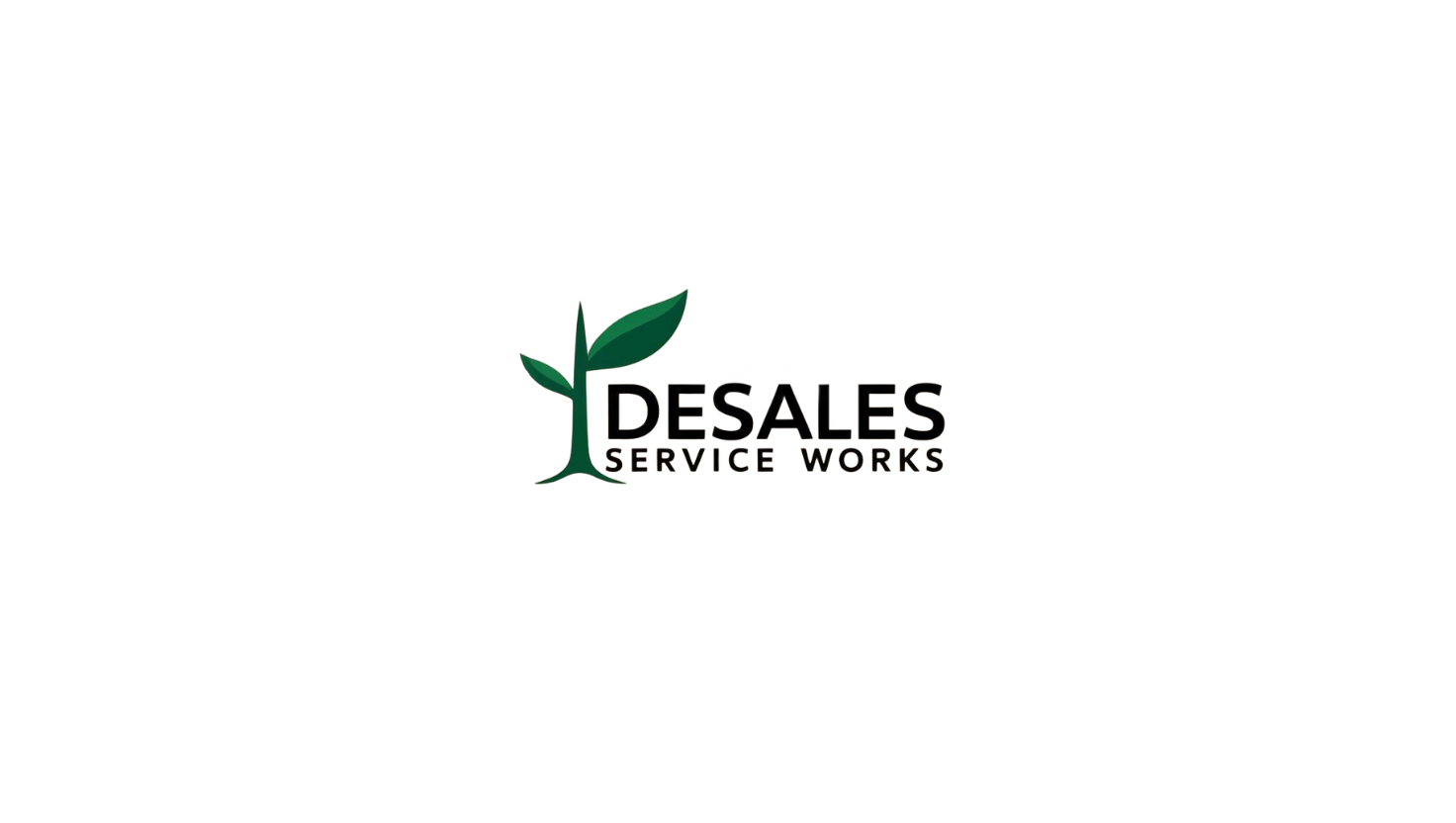Editor’s Note: In today’s entry, Michael Castrilli, OSFS, continues his series on faith and social justice in the marketplace. Michael directs our attention to a particular business model highlighted by Popes John Paul II and Benedict XVI that seeks to bring Catholic social teaching into business and recognizes that any economy should ultimately be judged by how it promotes human dignity. The entry offers sage advice from the Salesian heritage on how we can live these values in our own work lives today.
In Part I of this series on Faith and Justice in the Marketplace, we considered how we define a personal business ethic for our daily lives. The overall point was that if we live our daily lives with the Gospel at the core, we live as women and men of integrity and truly change the world around us. In today’s post, I want to look at how we can do this in a more global way, especially as it pertains to the marketplace.
How did Francis de Sales convert so many people in the dangerous Chablais region? He won hearts by talking to people one-on-one, listening to them, and dialoguing in love. He brought the image of God as a loving father and not a harsh critic to so many who desperately needed to hear it. This was an innovative approach to the 16th and 17th Century church. It has been 400 years and we are still talking about Francis de Sales; who out there reading this blog will we be talking about in 400 years? I think the potential number is unlimited. The key is to think in new ways about old ways of doing business. This happens in the marketplace: we get stuck thinking the only way to profit is through productivity, but what happens when we focus on the common good AND productivity?
Have you ever heard of the Economy of Communion? Pope Benedict XVI referred to the “economy of communion” (no. 46) in his encyclical, Caritas in Veritate (Charity in Truth, 2009), while discussing business ethics today. I was not familiar with the “economy of communion” but after looking into this project, I found an extraordinary example of the way in which an individual and then a group of people have actively participated in creating dynamic and sustaining efforts to love neighbor and act for the common good in the marketplace. They are truly changing the world around them, one by one, business to business, community by community.
The project all began with Focolare, a lay ecclesial movement, founded in 1943, amidst World War II in Trent, Italy. In May 1991, Chiara Lubich, one of the founders of Focolare, witnessed extreme poverty near Sao Paolo, Brazil. Motivated by Pope John Paul II’s encyclical Centesimus Annus, (On the Hundredth Anniversary of Rerum Novarum, 1991) Lubich launched the Economy of Communion project. The project’s values and principles are extraordinary and one can see why the Pope highlighted this special community. The model is formed around for-profit businesses. First, as an immediate action, the businesses participate by providing jobs and direct assistance to those in need. Second, the businesses promote a “culture of giving” and invest profits freely back into the community. Finally, the participating organizations continue to educate others on the movement and enhance the business for sustained growth (see: www.edc-online.org). The bottom line is that these for-profit businesses are investing in their community by giving jobs and resources to their poorest neighbors. Think of the sustainable improvements for people’s lives by providing them jobs and investing in their future. According to statistics obtained through the organizations’ website, over 750 businesses are participating worldwide. Although the number may seem small, in Brazil and Latin America, as well as Europe, it is spreading fast and having a great financial and communal impact.
Francis changed the world one-by-one by not confining himself to contemporary paradigms, but by creating innovative means to help people – all people, find God. The Economy of Communion project has taken for-profit companies and transformed them to wealth and dignity for-people, especially those that need it most. So, this is our mission, all of us, to use the Gospel as our guide and our Salesian heart that leads with love, to make the world a better place and at the same time to change the way we do business! Business is always better when the common good is the principal profit.

